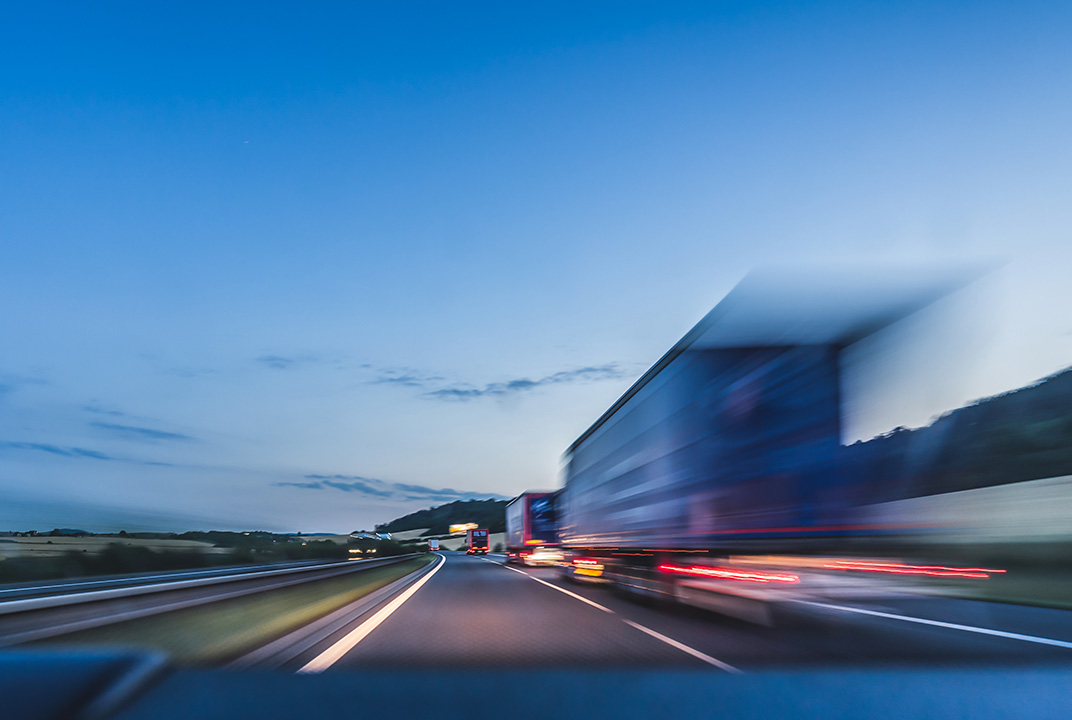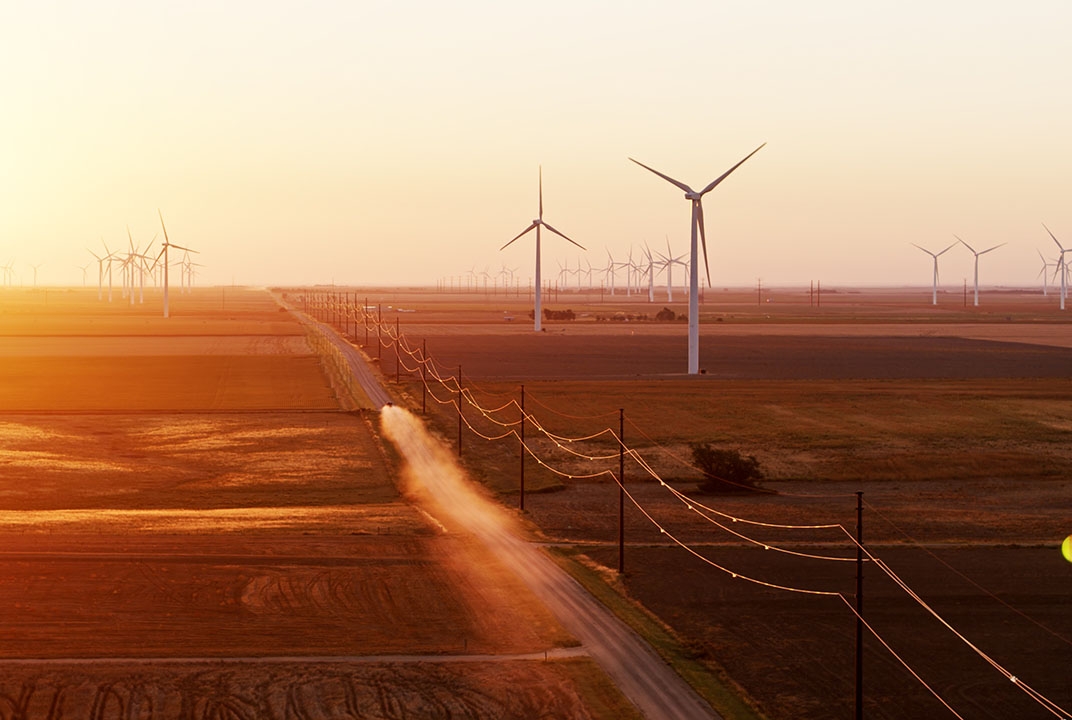Insight | Industrial IoT in the Time of Covid-19: Transport and logistics
Industrial IoT in the Time of Covid-19: Transport and logistics
null
Accelerating IoT adoption is helping meet the increasing demand to move people and things efficiently and sustainably.
The increasing mobility of urbanising populations and the correlated growth in demand for goods and services by both consumers and businesses worldwide is placing unprecedented demands on logistics networks. In addition, the transport and logistics industry must meet increasingly stringent environmental and sustainability regulations, as part of wider collective efforts to reduce emissions and mitigate against climate change.
The findings from our research show that the transport and logistics sector is taking these challenges seriously. It is adopting IoT and other technologies to ensure tomorrow’s logistics networks are safer, more efficient, and more sustainable than ever before. IoT is playing a key role in preparing transport and logistics businesses for the future. From increasingly automated rail networks and signalling systems, through to highly accurate, real-time shipment and vehicle or goods tracking, its impact is felt across the value chain.
Read the Industrial IoT in the Time of Covid-19: Transport and Logistics report
Adoption
IoT adoption levels are reaching a high level of maturity, with 72 per cent of transport and logistics businesses having now fully deployed at least one IoT project. Demonstrating the fast-maturing attitudes towards IoT in the sector, 29 per cent have deployed at least one IoT project in the last 12 months.
54 per cent say that challenges related to the pandemic have underlined the importance of IoT and automation to business success
Connectivity
Establishing the best mix of connectivity technologies is essential for the transport and logistics industry to realise the full potential of IoT. However, there is still considerable room for improvement, with 54 per cent of transport and logistics respondents reporting they struggle to utilise IoT due to connectivity issues in the areas where they want to deploy it.
78 per cent agree that their IoT projects have enjoyed much more success since solving their connectivity challenges
Data
There are a few reasons preventing transport and logistics companies from optimally sharing the IoT data they collect. Security and privacy concerns is by far the most prevalent, cited by 59 per cent of respondents in the sector.
Skills
From trial through to the post-deployment phase of IoT projects across the transport and logistics sector, the skills gap remains the biggest barrier to successful IoT adoption. According to 56 per cent of respondents, additional security skills are needed to deliver their IoT projects. Meanwhile, 55 per cent need extra technical support skills.
Security
The increasing use of connected assets in IoT deployments across multi-modal supply chains in the transport and logistics industry increases the vulnerability of companies to cyber-security threats. Nearly half (48 per cent) of respondents pointed to insecure storage of collected data as a primary IoT security challenge.
Investment
The proportion of transport and logistics’ IT budgets earmarked for investment in IoT over the next three years is considerably higher than that for other Industry 4.0 technologies. Average estimated cost savings from IoT are expected to rise to 29 per cent in five years’ time.
Explore your sector
Our research looks at the effect that Covid-19 has had on IoT adoption and sheds light on the next steps that organisations in the agriculture, electrical utilities, mining, oil and gas, and transport and logistics sectors must take on their IoT journeys. Explore how organisations in your sector are harnessing IoT to meet today’s most pressing business challenges – and create new opportunities as well.
About the research
The Inmarsat Research Programme is now in its fifth year, with this 2021 report providing an update on how the industrial Internet of Things (IoT) is being adopted by organisations across the agriculture, electrical utilities, mining, oil and gas and transport and logistics sectors.
Specifically, this report looks at the impact of Covid-19 on IoT adoption, as well as challenges related to connectivity, skills, security, data and investment.
To understand this Inmarsat commissioned Vanson Bourne, a specialist technology market research company, to interview 450 respondents in early 2021, a year after the start of the pandemic.
Respondents work for organisations with at least 250 employees and are drawn from various global regions including the Americas, EMEA and Asia-Pacific. All of those surveyed are responsible for delivering IoT initiatives at their respective organisations.


